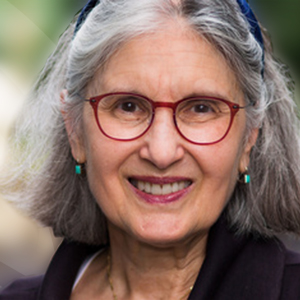PROGRAM
2019 SSRC Fellow Lecture featuring Lorraine Daston, Director of the Max Planck Institute for the History of Science.
Lorraine Daston will speak on Mechanical Rules before Machines: Rules and Paradigms with responses by Helen Nissenbaum, Professor of Information Science and Director of the Digital Life Initiative Cornell Tech and Frank Pasquale, Professor of Law University of Maryland Carey School of Law.
Book signing and reception to follow.
Please RSVP by Wednesday, January 30, 2019
About the Lecture:
Long before there were computers or even reliable calculating machines, there were algorithms, recipes, and other rigid rules. But for just as long, stretching back to ancient Greece and Rome and continuing through the Enlightenment of the eighteenth century, the rule-as-algorithm coexisted peacefully and fruitfully with another idea of a rule: the rule-as-pattern. For us, who live in the age of algorithms, this centuries-long cohabitation between the most rigid of rules—the algorithm to be followed to the letter—and the most supple of rules—the pattern or model to be imitated but not slavishly copied—seems paradoxical. Daston’s new work analyzes how this paradox became thinkable, and how rules became rigid.
About Lorraine Daston:
Daston is director at the Max Planck Institute for the History of Science in Berlin. She has published on a wide range of topics in the history of science, including the history of probability and statistics, wonders in early modern science, the emergence of the scientific fact, scientific models, objects of scientific inquiry, the moral authority of nature, and the history of scientific objectivity. Recent books include How Reason Almost Lost Its Mind: The Strange Career of Cold War Rationality (with Paul Erickson et al., 2013) and Against Nature (forthcoming, 2019). Her current projects include a history of rules, based on her 2014 Lawrence Stone Lectures at Princeton University; the emergence of Big Science and Big Humanities in the context of nineteenth-century archives; and the relationship between moral and natural orders.








